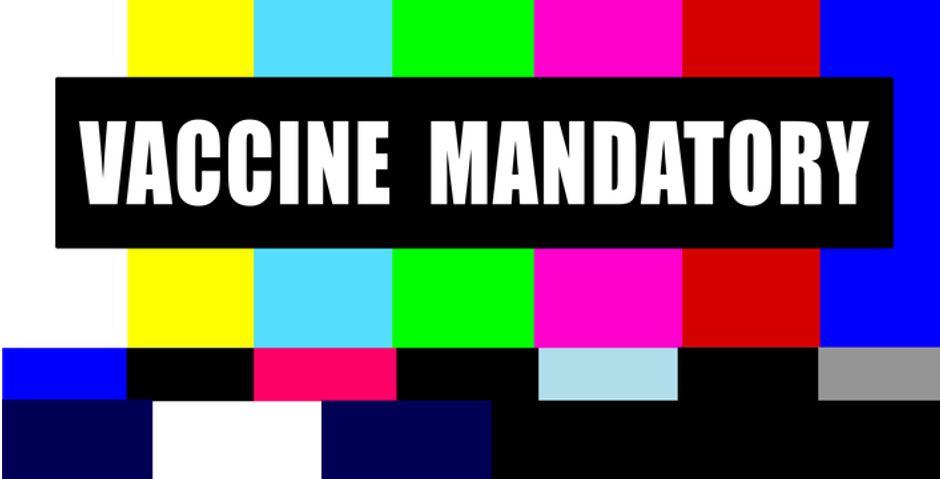1789: The First Thing the New American Government Did Was Impose a Huge Tax Increase
It may come as a surprise—though it should not—that one of the very first acts of the new Congress, under the Constitution, was a tax program at least as great as the one imposed on the colonies by Great Britain.
Digitalization Could Move Medical Care Beyond “Government Healthcare”
The reductive and lazy dismissals of the possibility of bringing about free-market systems of healthcare, in addition to the administrative and legislative hurdles imposed by government agencies, have all been brought into the limelight in the wake of the pandemic.
What Economics Is Not
The most common misunderstanding about economics is that it is only about money and commerce. The next step is easy: I care about more than money, and so should everyone, so let's leave economics to stock jobbers and money managers
Proponents of Forced Vaccines Want You to Think Healthcare Is a Communal Resource
One narrative currently being circulated in support of vaccine mandates is that unvaccinated people will cause an undue strain on the healthcare system because they are more likely to contract covid-19 and take up hospital beds that could be used
Why Censorship Advocates Are Obsessed with Stories about Yelling “Fire!” in a Theater
If one boldly asserts the importance of the right of freedom of speech, it is almost inevitable that another will respond with one of the most common apologetic arguments for the government limitation of speech, “But you can’t yell ‘Fire!’
Speech Isn’t a “Threat” Just Because a Government Official Says So
Speech doesn't become a "threat" just because a government official calls it that. Yet the National School Boards Association (NSBA) got the Justice Department to open an investigation after labeling parents' speech as "threats and acts of violence" when it occurred in controversies over "critical
Why Some People Are Poorer
Throughout history, until about the middle of the 18th century, mass poverty was nearly everywhere the normal condition of man. Then capital accumulation and a series of major inventions ushered in the Industrial Revolution. In spite of occasional setbacks, economic
How the Fed’s Easy Money Spurred Today’s Financial Frenzies
It was government policies that kick-started the engine of financial innovation, wrongly blamed by many in the press and left-leaning academia for this increased economic instability. Original Article: "How the Fed's Easy Money Spurred Today's Financial Frenzies" This Audio Mises Wire is
Is Solidarity a Good Thing?
In his book Let’s Have Socialism Now! (Yale University Press, 2001), the French economist Thomas Piketty places great emphasis on “solidarity,” and his opposition to the free market rests to a large extent on its conflict with that purported value. In
Why a Bear Market in Bonds Points to a Weakening Economy
Years of bubbles and malinvestment have a downside: the destruction of the productive, wealth-building parts of the economy. And that could mean higher interest rates. Original Article: "Why a Bear Market in Bonds Points to a Weakening Economy" This Audio Mises Wire











